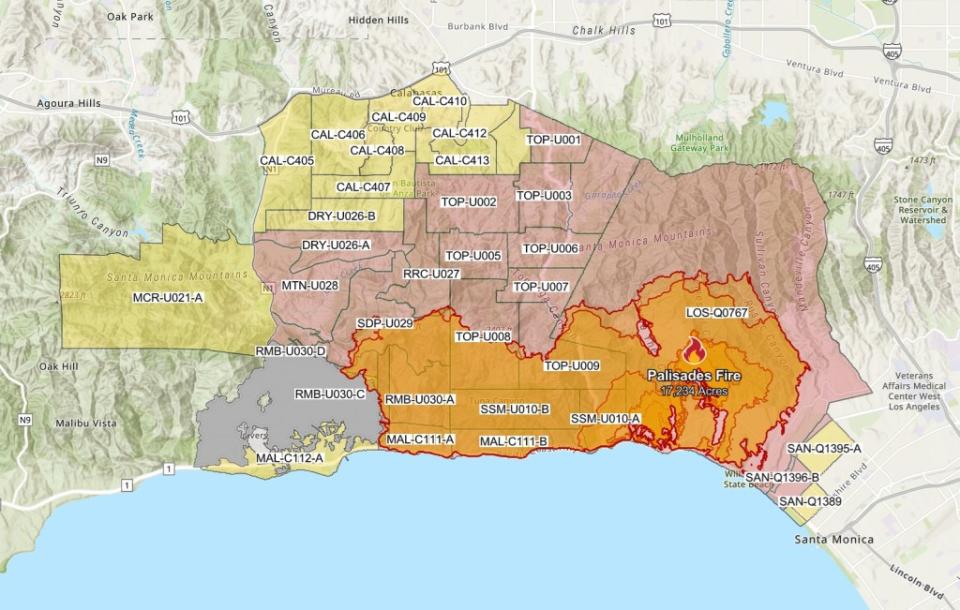
Whether or not school districts should have a four or five-day school week is a controversial topic. Four-day weeks provide students with more time to rest and participate in extracurriculars, while also giving teachers training days, or days to learn new skills or tricks for when they teach students. Mahlani Tanap, an 8th grader at Rio Norte, states,“4 day school weeks are better because they allow students to spend more time with their families and do more extracurricular activities. It also helps that if you have a rotating schedule, you will have your schedules balanced out.”
Shifting from a five-day school week to a four-day school week is difficult, but the change might be worth it. A four-day school week means that even though there are only four days in the school week, each individual school day will be longer to compensate for the extra day. Most students learn better with hands-on work, and longer school days give more opportunities for students to participate in it. Plus, longer days give students more time to communicate with their teachers, giving them a better understanding of anything they are struggling with. Longer school days also mean students come home around the same time their parents get back from work. This means that after school programs won’t be necessary, saving parents money. Plus, parents are always concerned about students having to walk or be home alone in case something were to happen, but if students are able to come back home to their parents, or if their parents are able to pick them up from school, then it saves parents the added stress of worrying about the well-being of their children.
Not only do students and parents benefit from a four-day school week, but so do teachers. Four-day school weeks give teachers an extra day to plan lessons, ensuring that their lessons will be well thought out, overall helping students learn better because of the extra time taken to plan everything out. Shorter weeks could also give school districts a new way to save money. Many schools around the world can’t pay teachers or arrange field trips for students because they don’t have enough money. Removing one day from the school week could save schools money which would have originally been spent on the fifth day of the school week. Over time, the money collected would increase, giving districts enough money to pay teachers, or even organize events and field trips for students.
Four-Day school weeks open up new opportunities to save money, improve education, and reduce extra stress. Others may also argue that five-day school weeks are better, because four-day school weeks would make students lazy, tired or unmotivated to do their work, but this is actually not true. The extra day actually got students more rest and gave them more time to pursue hobbies, do homework, participate in school events, or at jobs. In the end, school districts should switch to a four-day school week, because it benefits students, parents, teachers and school districts.




























